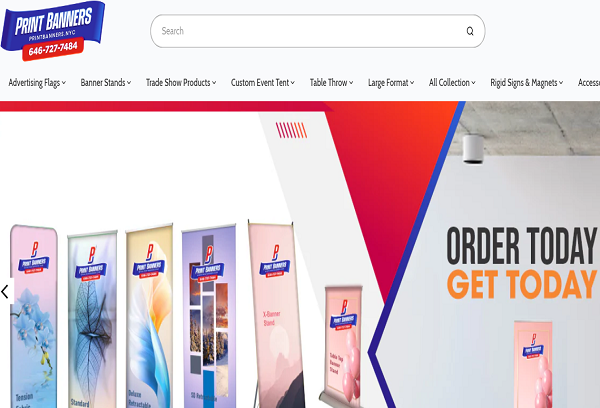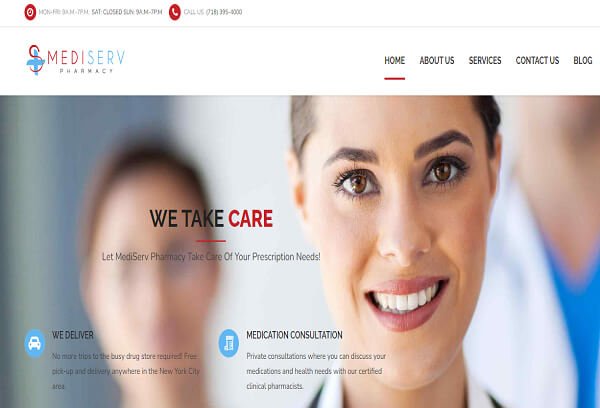7 PPC Mistakes Hiding in Your Ad Account
- July 30, 2025
Struggling to improve your PPC performance despite all efforts?
Chances are, your account is hiding a few silent budget killers. Here are the seven most common PPC missteps we uncover during audits—and how you can fix them to unlock stronger performance.
1. Oversegmenting Campaign Structure
In the past, PPC best practices promoted tight control—separate campaigns for match types, keywords, and ad groups. But times have changed.
Today, with advancements in Smart Bidding, broad match performance, and RSA (Responsive Search Ads), consolidation is the winning strategy. The more conversion data a campaign can gather, the smarter it gets.
Instead of clinging to overly granular setups, trust automation to do the heavy lifting—your performance will thank you.
2. Neglecting A/B Testing
Testing isn’t optional—it’s the backbone of PPC optimization. Yet, few advertisers take full advantage of Google’s Experiments feature.
If you’re not running regular tests, you’re guessing. That’s a dangerous game when budgets are on the line.
Whether you’re comparing landing pages, bid strategies, RSA pinning, or ad formats, every decision should be backed by data. Continuous A/B testing throughout the year can reveal incremental gains that stack up over time.
3. Using Only One Asset Group in Performance Max
PMax campaigns are powerful, but underused.
Most advertisers still run a single asset group covering hundreds of products—failing to segment by category, brand, or customer intent. This limits performance, particularly on the Search side of PMax.
You wouldn’t run one ad group for 300 products in Search—don’t do it in PMax either.
Instead, create multiple asset groups, each with tailored:
- Ad copy
- Creative
- Landing pages
- Audience signals
The result? Smarter targeting and more relevant ads across all PMax placements.
4. Overlooking Ad Assets
Ad assets (formerly ad extensions) are often an afterthought—but they can increase CTR by 10-15% and improve Quality Score.
Yet many advertisers rely entirely on automated assets, giving up creative control to Google. Take charge of your assets—write compelling sitelinks, structured snippets, callouts, and price extensions.
In PMax campaigns, ensure you’re using campaign-level assets, especially since those influence Search placements. Without them, your ads may lack the depth and detail needed to convert.
5. Ignoring First-Party Data
As third-party cookies fade and AI-driven targeting rises, your first-party data is more valuable than ever.
This isn’t just a competitive edge anymore—it’s a requirement.
- Upload customer match lists
- Import CRM data
- Use enhanced conversions
Even for small businesses, starting with basic customer lists can strengthen Smart Bidding strategies and audience signals significantly.
6. Mismanaging Conversion Tracking
You can’t improve what you don’t measure. Misaligned, incomplete, or missing conversion tracking is one of the most damaging mistakes we see in audits.
Whether it’s a Thank You page or a product purchase, if you’re not tracking the right actions—you’re flying blind.
For robust tracking:
- Use dedicated Google Ads tags (not just GA4 imports)
- Set up enhanced conversions
- Ensure cross-device tracking
- Activate consent mode if required
Accurate data leads to accurate optimization.
7. Making Too Many Changes at Once
When new teams or agencies take over an account, they often dive in with sweeping changes to “fix” things fast. But PPC success doesn’t come from panic—it comes from controlled testing and gradual improvements.
If you change multiple elements—bidding, ads, landing pages—at once, how will you know what actually helped (or hurt) performance?
Change one variable at a time, monitor, then adjust.
Let your data guide your decisions. Avoid clouding performance signals with excessive changes.
PPC may not be an exact science, but avoiding these seven mistakes can drastically improve your ad performance and ROI. If you’re unsure where to begin, start with a campaign audit—and prioritize changes that align with your goals and available data.
Earn SEO is a team of expert PPC consultants in New York, helping businesses identify hidden inefficiencies and unlock greater returns from their paid ad campaigns. If you’re seeing underwhelming performance or suspect there’s more potential in your ad account, our team can help. From smart campaign structures to accurate tracking strategies, we ensure your PPC investment works harder and smarter. Get a free PPC audit today — visit us and let our experts fine-tune your performance.
Earn SEO was established in 2011 by Devendra Mishra, a highly educated professional with varied training and experience. Mr. Mishra is responsible for business development, attracting new Earn SEO partners, and interacting with clients, the media and press, and acting as Brand Ambassador.
Devendra Mishra
Founder





































